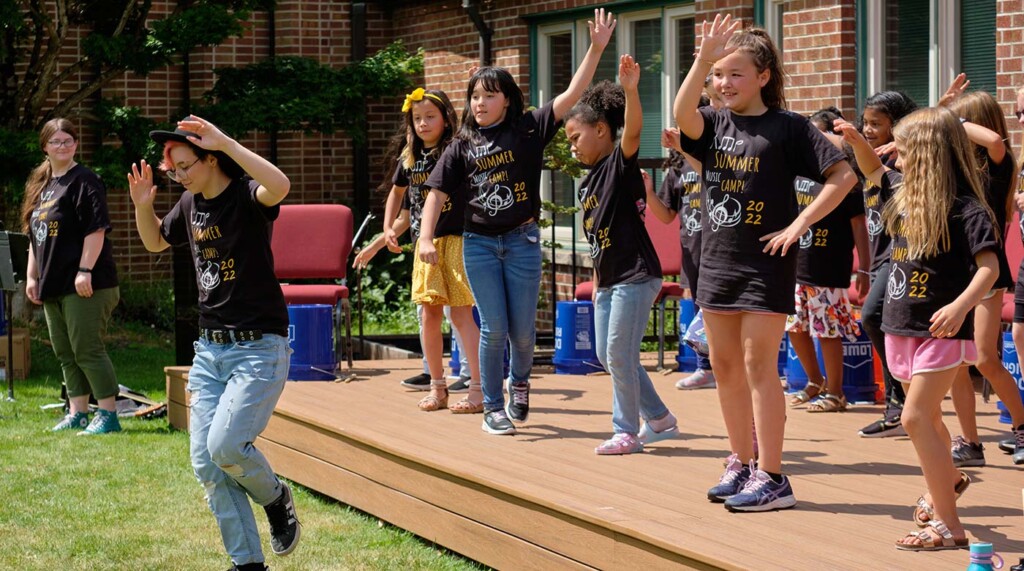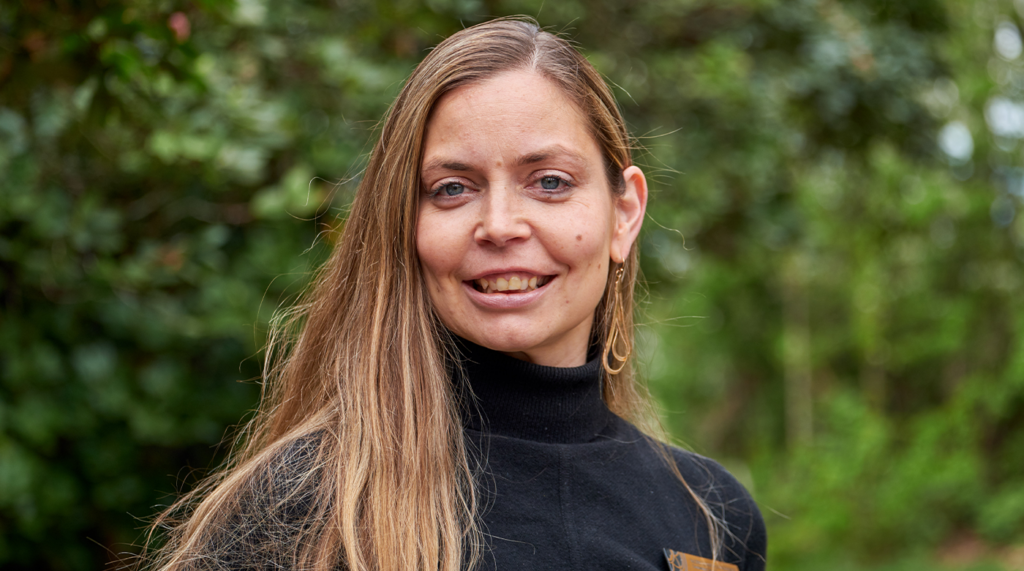Page 283 • (3,637 results in 0.054 seconds)
-
the health professions. SHPEP at the UW has had a very long and successful track record of helping thousands of students enter and graduate from health professions school. Using a cohort approach, the program prepares students for academic success in their undergraduate and pre-professional studies by offering enrichment courses in biology, chemistry, biostatistics and population health. The program also focuses on the personal and professional development of participants by engaging them in
-
Mathematics major Lindsey Clark ’24 is a Noyce scholar and future teacher Lindsey Clark ’24 came to PLU knowing it was where she wanted to be. But Clark—a double major in mathematics and gender, sexuality, and race studies (GSRS)—says PLU challenged and changed her and expanded her worldview in ways she never before considered on her way… April 24, 2024 AcademicsMathematicsStudent Voice
-
Kara Atkinson ’23, transfer history major and former military linguist, on her PLU experience Kara Atkinson ’23 earned an associate degree while serving as an Arabic linguist in the United States Army prior to her arrival at PLU. A history major with minors in religion and Holocaust and genocide studies , Atkinson’s passion for research, academia, and higher education… May 5, 2023 HistoryResearchServiceStudent/Faculty ResearchTransfer
-
MusicMUSI 100TR4Gen Ed (Creative Expression) PhilosophyPHIL 100TR4Gen Ed (Exploring Values & Worldviews) PhysicsPHYS 100TR4Gen Ed (Natural World) PsychologyPSYC 1014Gen Ed (Examining Self & Society) Social & Cultural AnthropologyANTH 100TR4Gen Ed (Examining Self & Society) Sports, Exercise & Health ScienceFTWL 1004Gen Ed (Fitness & Wellness)[A second activity course is required to complete the full Fitness & Wellness requirement] TheatreTHEA 100TR4Gen Ed (Creative Expression) Visual ArtsARTD 100TR4Gen
-

hold only a bachelor’s degree. Download free ebook Challenge the status quo with a master’s degree in educationEmpathy, communication and respect are life skills that are paramount in the lives of young people — especially now, when so many students are still required to learn from home. The field of teaching offers you a chance to work toward positive social change, but there is a growing need for teachers who are willing to navigate the cultural and social complexity of diverse and challenging
-

choir rehearsals, Oliver-Chandler is teaching the students the Polynesian folk song “Tongo.” They say the campers have been enjoying the lesson and learning the song. “A lot of music being taught is very western,” Oliver-Chandler says. “I think learning from different cultures provides variety, and as we are progressing in our society, it’s important to expand their cultural lens, so they don’t just have a single-minded view of the world.” Organizers admit that running a summer camp is challenging
-
programs, campaigns and celebrations including identity retreats, cultural celebrations, and DJS workshops and dialogues. Additionally, serve as the student coordinator for a specific Center for DJS program/project. 2023-2024 projects include: Active Bystander & Consent (ABC) –coordinate consent and bystander intervention campaigns for education and dialogue in classrooms, residence halls, and other campus spaces. Sista* Circle – Coordinate biweekly gatherings for womxn, nonbinary, femme, and trans
-

skill for critical thinking, never loses value. School systems will always need high-quality, passionate teachers. Compassion, empathy, communication, and respect are life skills that are learned early on in homes and classrooms. As America’s classrooms become more and more diverse, there is a growing need for teachers who are willing to navigate the cultural and social complexity of the diverse classroom. You can develop the skills needed to positively impact the education system by getting a
-

Pilgrimage in 2012 as an intern at the Japanese Cultural and Community Center of Washington. He participated in his first pilgrimage after winning a scholarship to attend through the center’s youth scholarship program. Kitajo said his first pilgrimage was deeply personal. His maternal grandparents were held at Minidoka after being uprooted from their home during the war. His uncle was even born inside the camp. Kitajo’s knowledge of this family history, however, was stifled growing up. His grandmother’s
-

monthly training for our staff around cultural competency. By providing training for faculty and staff around meeting students’ wellness needs inside and outside of the classroom. Also through the Student Life Division, by creating intentional places of connection, practice, and building of practical work and life skills in engagement with folks who reflect the diversity of our communities. PLU is leveraging the wisdom and expertise of student life professionals to create conversations with students
Do you have any feedback for us? If so, feel free to use our Feedback Form.


